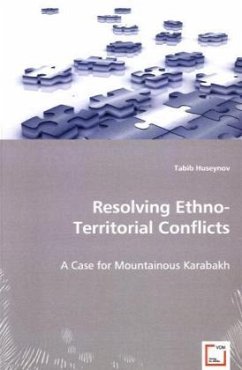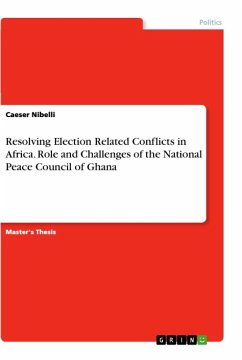The paper compares various theoretical approaches to conflictresolution by classifying them as power-, rights-, andinterest-based. On a theoretical level an emphasis is put onfinding appropriate grounds for establishing stable, sustainableand just solutions to the deadlocked ethno-territorial conflicts.Finally, the theoretical framework developed throughout the paperis applied to the case of the Armenian-Azeri conflict overMountainous Karabakh, one of the mostprotracted, violent andcomplicated ethno-territorial conflicts in the post-communistspace. The major practical finding of the paper is that theKarabakh conflict cannot be solved exclusively on an intra-statelevel and requires combination of intra-state measures withinter-state and supra-state measures. The paper argues the mosteffective solution to the Karabakh conflict can be achieved bymeans of power-sharing, regional integration in the Caucasus andgradual integration of the south Caucasus states to the EU. Theanalysis presents an innovative view to the conflict resolutiontheories in general, and the Karabakh conflict in particular andshould be interesting for both scholars and practitioners.
Bitte wählen Sie Ihr Anliegen aus.
Rechnungen
Retourenschein anfordern
Bestellstatus
Storno








